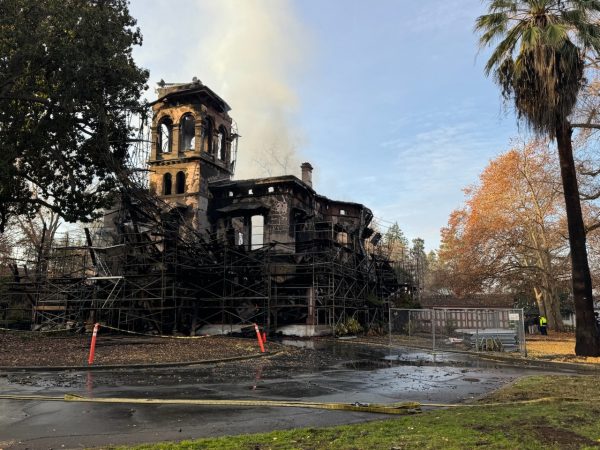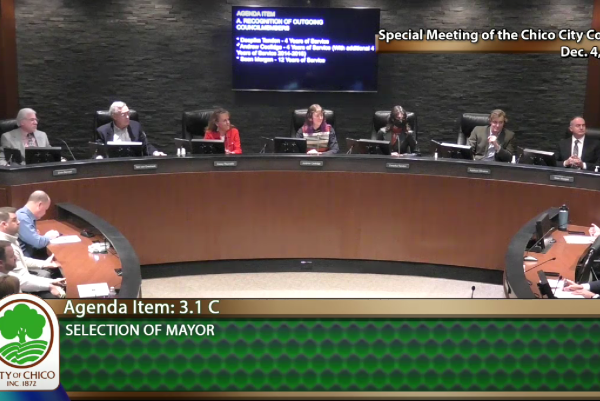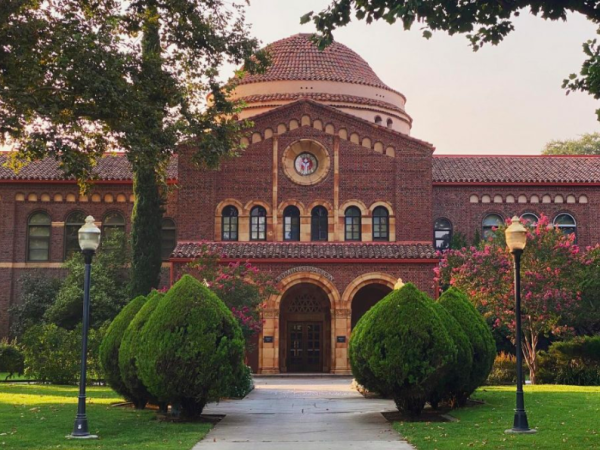Battling the opioid crisis with Naloxone
Training hosted by the Northern Valley Harm Reduction Coalition extended the conversation of preventing and surviving an opioid overdose on Monday, inside Blackbird Cafe.
The training opened Chico residents to the opportunity to learn how to identify the symptoms of an opioid overdose as well as teach them how to use Narcan Nasal Spray — the only FDA approved form of naloxone, a medication designed to rapidly reverse the effects of an opioid overdose, according to the National Institute of Drug Abuse. NVHRC gave all attendees a free box of Narcan Nasal Spray which can be found over the counter as well as CPR face shields.
“There is a lot of misunderstanding about addiction and oftentimes it’s framed as a moral failing when it’s actually a chronic medical condition that changes the way your brain operates — constantly telling you to seek out the drug for survival,” program manager of NVHR Angel Gomez, said.
Opioids are fast-acting painkillers typically prescribed to those fresh out of surgery or patients with cancer. Opioids take other names such as Oxycodone, Codeine, Morphine and Fentanyl but do not cure pain but simply mask it, according to Butte County’s Public Health resource page.
In January of 2019, Chico experienced Northern California’s largest mass overdose, when a total of 12 individuals from one home were taken to the hospital where one man died with fentanyl, methamphetamine and cocaine in his system, according to the Chico Enterprise-Record.
Earlier in 2015, the opioid overdose death rate for Butte County sat at 6.1–8.7 individuals per 100,000 residents, according to California Public Health Care Foundation. Gomez suggested that opioid statistics fail to report all overdose experiences, including those who have been taken to the emergency room with a lighter impact.
According to Chico State’s Wellcat Substance Abuse Prevention and Education page, the most misused types of prescription drugs consist of depressants, antidepressants, opioids and stimulants.
“There are resources available for people who are using drugs,” Gomez said. “Oftentimes college students go unrecognized and aren’t accessing the resources available for them.”
Gomez mentioned that in the past, the NVHRC has partnered with Chico State’s Campus Alcohol and Drug Education Center to provide the same training for students. This year, Gomez speculates that the same event will take place around April and students will receive the same free resources.
NVHRC will continue to hold their informational training every third Monday of the month from 5 p.m. to 7p.m. at Blackbird Cafe.
Kimberly Morales can be reached at [email protected] or @kimberlymnews on Twitter.







